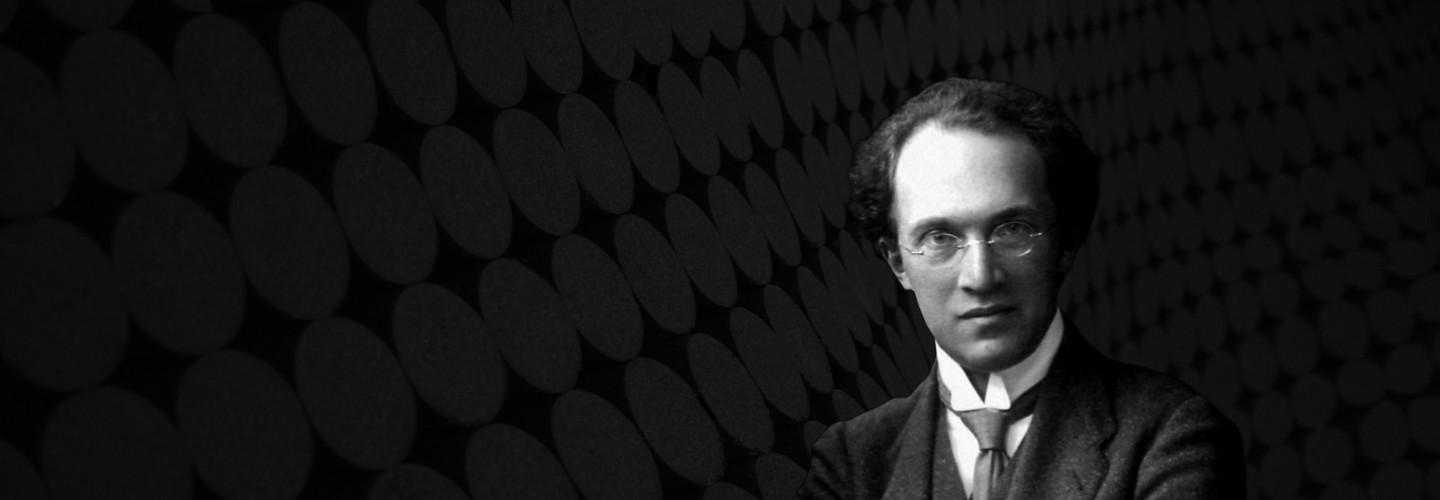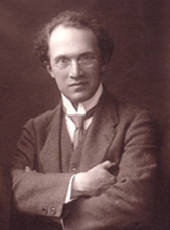


Franz Schreker
Vom ewigen Leben
Short instrumentation: 1 1 1 1 - 1 1 1 0 - timp, perc(4), hp, cel, pno, sax, str(1 1 1 1 1)
Duration: 20'
Text von: Walt Whitman
Bearbeitet von: Gösta Neuwirth
Solos:
soprano
Instrumentation details:
flute (+picc)
oboe (+c.a)
clarinet in Bb (+cl(A)
bass cl(Bb))
soprano saxophone in Bb (+alto sax(Eb)
t.sax(Bb)
bass cl(Bb))
bassoon
horn in F
trumpet in C
trombone
timpani
percussion(4)
harp
celesta
piano/harmonium (1 player)
1st violin
2nd violin
viola
violoncello
contrabass
Schreker's last songs, written in 1923, were two „lyrische Gesänge" on texts drawn from Walt Whitman's Leaves of Grass completed late in 1923. The Whitman songs are by any standard extraordinary works which, taken together - as they must be - more closely resemble a lyric cantata than the traditional Lied. Perhaps recognizing as much, Schreker avoided the question of genre in his 1927 orchestration of the work and simply titled the piece Vom ewigen Leben. This work occupies a world apart from Schreker's previous songs and operas. Perhaps stylistically closest to Carlotta's ecstatic monologues in Die Gezeichneten, the Whitman songs are remarkable for the exceptionally pliant vocal writing, the subtle interplay of lines between voice and accompaniment, and the masterful shaping of the whole, including Schreker's judicious adaptation of the text which is drawn from Hans Reisinger's elegant 1922 translation of the Whitman verses.
Although Schreker would write music more dissonantly „atonal", no other of his works more convincingly maps out the terrain beyond late-Romantic chromaticism and toward a new, modally inflected tonal harmony. The Whitman songs, an isolated miracle with no antecedent or successor in Schreker's oeuvre, belong to the most exquisite lyric expressions of the twentieth-century literature and bring to a luminous climax his own richly rewarding body of lyric works.
